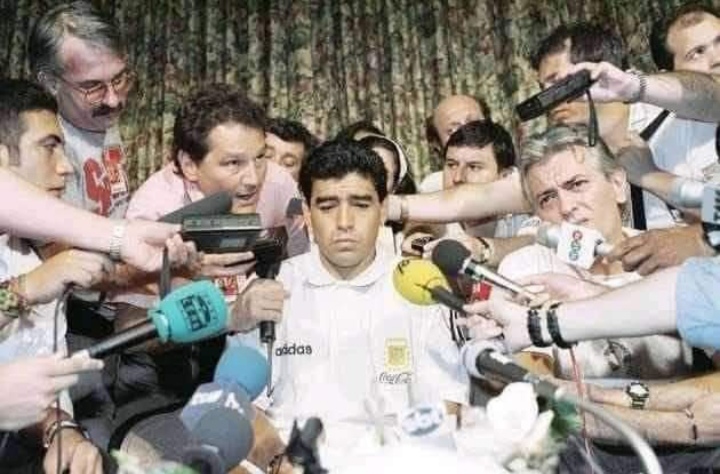In the realm of football, few figures have ever matched the larger-than-life persona of Diego Maradona. Revered for his breathtaking talent on the field and infamous for his controversies off it, Maradona was no stranger to making headlines. One such moment came in the lead-up to the 2002 FIFA World Cup held in Japan and South Korea — a tournament from which the Argentine legend was notably absent. However, it wasn’t due to footballing reasons or personal choice. Instead, it was a decision rooted in international policy and Japan’s strict immigration laws.
At the time, Japan maintained a firm stance on denying entry to individuals with known drug offenses, and Maradona’s public struggles with substance abuse were well-documented. This resulted in the denial of a visa for him to attend the World Cup as a fan, a pundit, or even just a national icon. It was a move that sparked media uproar, particularly in Latin America and among footballing circles, given Maradona’s status as a beloved national hero in Argentina.
Never one to shy away from expressing his opinion, Maradona responded with a statement that was as explosive as it was poignant. In true Diego fashion, he didn’t just lament the personal injustice he felt; he linked it to a broader geopolitical critique. His words were unforgettable:
“They banned me from attending the national team’s matches… but they allowed the United States team to enter, the same country that dropped two atomic bombs on them.”
The statement sent shockwaves through the media. On one hand, it exposed Maradona’s enduring frustration with how he was treated internationally in the wake of his drug-related controversies. On the other, it reflected a complex and raw commentary on international hypocrisy — questioning how a country like the United States, with its own dark historical baggage in the region, could receive open arms while he, an individual with personal struggles but no acts of war to his name, was barred.
Many viewed his reaction as overblown, while others praised him for standing up to what he perceived as unjust and selective enforcement of moral standards. For Maradona, who often saw himself as a man of the people and a victim of elitist structures, the denial of entry was more than a personal slight. It symbolized a broader issue — one of historical amnesia, global inequality, and the differing standards applied to nations and individuals.
His absence from the tournament was felt, particularly by Argentine fans who would have loved to see their hero cheering from the stands, even if only in a symbolic role. Argentina’s campaign in the tournament ended in disappointment, crashing out in the group stage despite high expectations. While it’s speculative to say whether Maradona’s presence could have made any difference on the pitch, his spiritual and motivational influence was undoubtedly missed.
In retrospect, the 2002 World Cup wasn’t just remembered for the football. It also served as a reminder that in global events like this, sports, politics, and history are never too far apart — especially when figures like Maradona are involved.

